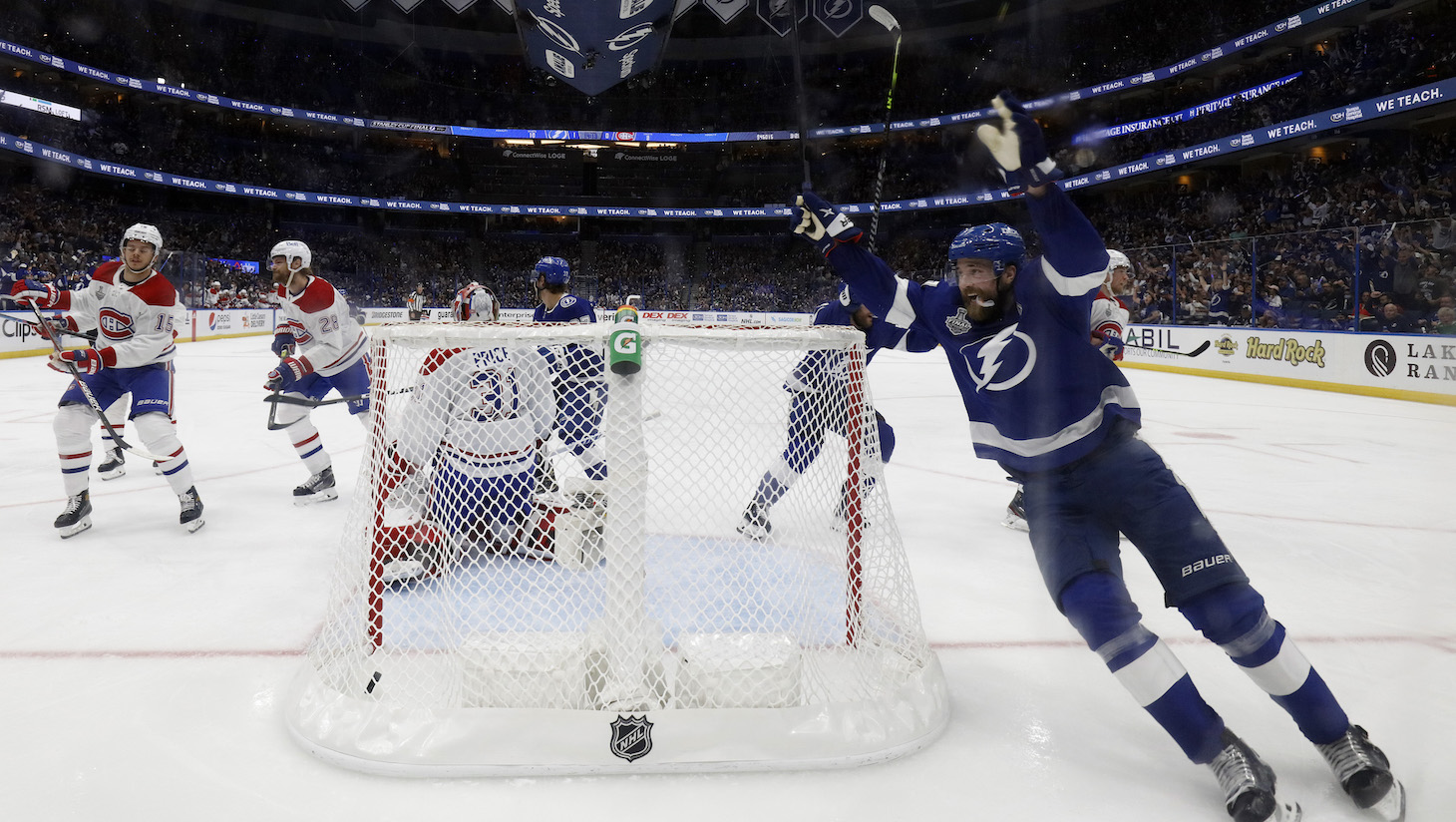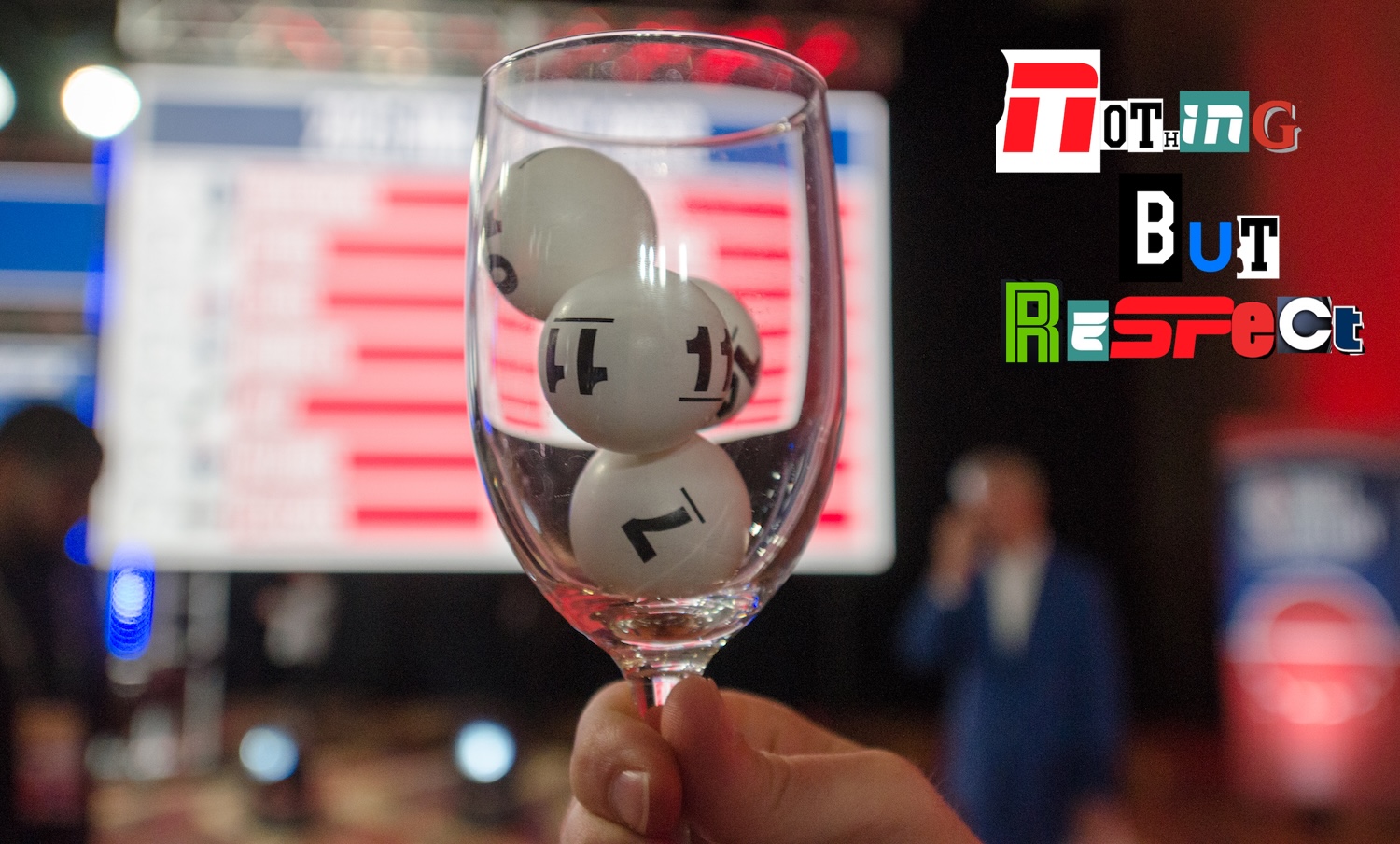The Montreal Canadiens do lots of things well, but they do one thing—one relatively important thing as far as hockey games go—extremely well: they make it diabolically difficult to score. There are reasons for this. They are keen practitioners of the 1-3-1, the most popular modern variation of the neutral-zone trap: They have the horses and the willingness to peel off both wingers and stack them on their own blue line, presenting opposing attackers with a multi-stage gantlet to run before even being able to put a puck on net. You can't barge through it and you can't tiki-taka around it. Should you somehow emerge intact, you are generally faced with two of Montreal's "Four Clydesdales," the top-four defensemen so nicknamed for their dependability and heavy usage. Should you best or avoid them, there's Carey Price. But these are levels of security, fallbacks, contingency plans. The Canadiens' not-so-secret weapon lives up front and atop the line combinations. The Habs' nominal first line, unlike just about every other NHL team, is its shutdown line. Anchored by Phillip Danault and Brendan Gallagher, that line has combined to score just five goals in these playoffs (whereas Montreal's fourth line has 10). But they're not there to score. They're there to match up against their opponents' top line, and keep them quiet, and that's what they've done. With Danault and Gallagher on the ice, Matthews and Marner, Connor and Ehlers, and Stone and Pacioretty all went goalless. If they could do the same to the all-world Lightning line with Nikita Kucherov and Brayden Point, it would go a long way toward nullifying Tampa's offensive advantage. That's the idea, anyway.
That paragraph is a lot of words pumping the tires of a team that got the snot kicked out of it last night. So, with all those obstacles in their way, how did the Lightning rack up five?
Tampa's 5-1 victory in Game 1 of the Stanley Cup Final was fully earned. By brawn and by brains they neutralized Montreal's advantages in its own end and looked exactly like defending and future champs. They did so by two methods, one more reliably replicable than other, but both effective on this night.
Take the first goal, scored by Lightning defenseman Erik Cernak deflecting an Ondrej Palat pass past Price. But, rather, consider how the play started in the other end, with Brayden Point—who'd get Conn Smythe consideration if it weren't obviously and justly going to whichever goaltender wins this series—causing havoc on the backcheck and setting up the surge the other way.
Brayden Point always comes to play. https://t.co/OiFJbK0N7o pic.twitter.com/x4yrTeCUH8
— Shayna (@hayyyshayyy) June 29, 2021
“Pointer is an unbelievable player,” Kucherov said. “He knows when and what to do … and he sees the ice to make those plays.”
A quick counterattack is one way to break through the Habs' 1-3-1, by the simple dint of not giving it the time to set up. That's what Point and the Lightning did here, but it's not all they did. Cernak found himself in position to be the Bolt from the blue (line), so to speak, and he joined the rush. It's risky to send a defenseman up like that against the Canadiens in case they are able to marshal a counter-counterattack, but the rewards of a surplus stick in a high-danger area can be high, and there's reason to think Montreal might be especially susceptible to extra bodies at speed. Indeed, in the semifinals, eight of Vegas's 13 goals were scored by its defensemen. The Lightning don't tend to get much scoring from their blue line outside of Victor Hedman, but they did rely on it more than usual in their series against the Islanders, who run a similar trap. I suspect there's a whiteboard somewhere urging Tampa's defensemen to join the counter, because if they're rarely going to get a true odd-man rush against a conservative team like the Isles or Habs, they can at least weight things a little more in their favor.
A lot of things had to go right on that goal, from Point forcing the turnover to the Habs being late to pick up Cernak. So while it preyed on Montreal's soft spots on the counterattack, it's not exactly something that can be counted on. As a strategy, call it the hard way. More reliable, though only in certain games, is what we can call the home way.
Home ice for Tampa means coach Jon Cooper had last change, and the ability to choose his line matchups. He used that power to perfection in Game 1. First, he took Montreal's shutdown line out of the equation, keeping his top line away from them. The Danault line got just under two minutes of even-strength action against Tampa's first line, instead regularly countering with his more grind-y third line, which saw about nine minutes of 5-on-5 against Danault.
Cooper instead reserved the skill of his top line to go against Montreal's line of youngsters—Cole Caufield and Nick Suzuki, along with Tyler Toffoli. This is where the Habs' most potent firepower lies, but it's also their closest to a defensive liability. Kucherov and Point were involved in all three of Tampa's third-period goals—one on a turnover, one off a faceoff, and one on the power play—when they broke this one open.
Caufield, Suzuki, and Toffoli were each minus-3 on the night, though the Habs insisted they're not worried.
"We have full confidence in our young players up front. We wouldn't be at this point of the playoffs if we didn't have full confidence in them and what they can do in our own end," Canadiens defenseman Ben Chiarot said. "Of course there's matchups that we'd like to get, but that's not a luxury that you have when you're on the road."
The Habs will be on the road for Games 2, 5, and 7 as well, so they're going to need to figure out what to do about the Lightning's big guns in Kucherov and Point. No opponent yet has come up with anything for that, so good luck to them.
It'll be interesting to see what happens with Tampa's top line when the series shifts to Montreal, but through one game, the Bolts looked like what they may very well be: the more talented and better-coached team.
“[Montreal] is a great team," allowed Lightning captain Steven Stamkos. "They’re here for a reason. But we have a game plan and we have a recipe."






